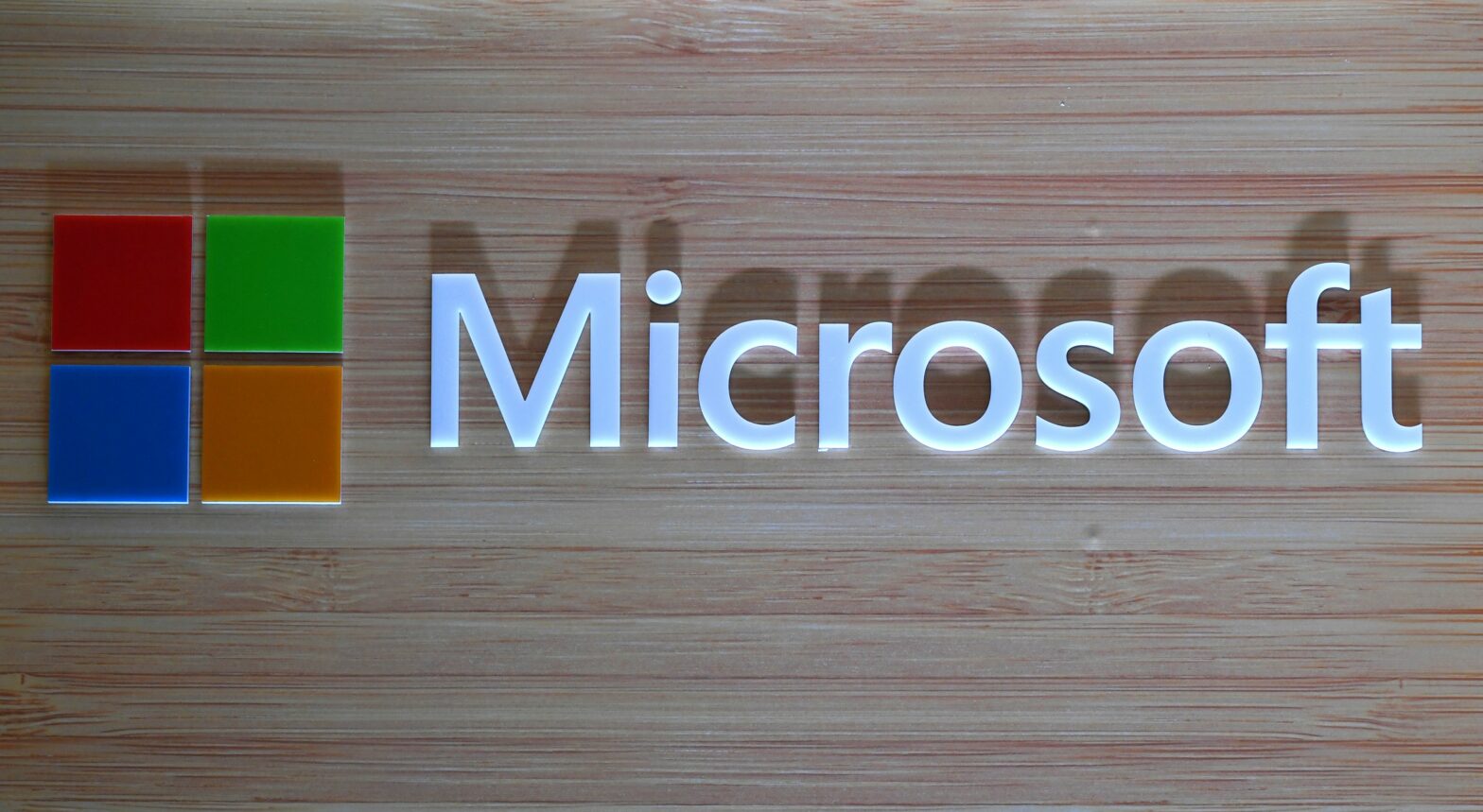22 May 2003 Microsoft chairman Bill Gates has called on the US government to introduce new laws to combat spam. Gates made the plea in a letter to the Senate Committee on Commerce, Science and Transportation, which is looking at the issue.
“The torrent of unwanted, unsolicited, often offensive and sometimes fraudulent email is eroding trust in technology… and decreasing our collective ability to realise technology’s full potential,” wrote Gates in a letter to the Senator John McCain, the panel’s chairman.
Gates said that spammers and email marketers should be required to identify themselves and be compelled to adhere to a set of guidelines, such as the requirement that an “ADV” tag be included in the subject line, so that people will know that it is an advertisement.
However, US congressmen are proposing a hotchpotch of laws that would regulate spamming, rather than outlaw it. For example, Senator Conrad Burns has for some time lobbied for legislation that would require spammers and email marketers to provide valid return addresses and provide working ‘opt-out’ links in their emails.
Senator Charles Schumer is pushing a ‘do not spam’ registry and has proposed an international treaty so that US anti-spam laws could be enforced overseas.
However, whether US authorities would be equally happy being compelled to enforce the European Union’s much tougher anti-spam laws is another matter. The EU’s directive on electronic privacy will be implemented across the continent in the next few years. It takes a confirmed ‘opt-in’, rather than the opt-out approach favoured by spammers and email marketers.
Anti-spammers say that many proposed anti-spam laws in the US, including Gates’s, simply miss the point: the issue is one of consent, not content, they claim. Any legislation that does not outlaw the sending of unsolicited commercial email means that end users will still be paying to receive email they never asked to receive in the first place.






